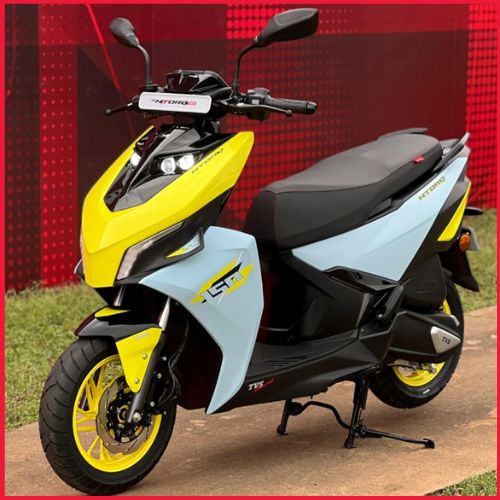According to a Friday article in the Nikkei newspaper, Toyota Motor would increase the manufacture of electric vehicles under its luxury Lexus and Toyota brands.
According to a Nikkei report, the Japanese carmaker will probably increase the volume of battery-powered vehicles it produces over the next few years in order to reach an annual output of more than 600,000 vehicles by 2025.
A Toyota spokeswoman was unable to respond to a request for comment right away.
Previously, the business stated that it aimed to sell 1.5 million EVs annually by 2026 and 3.5 million, or roughly one-third of the current worldwide volume, by 2030.
Less than 25,000 EVs, including those from Toyota’s Lexus brand, were sold last year across the globe.
According to Nikkei, it aimed to grow EV manufacturing to around 150,000 vehicles in 2023 and then progressively increase it to the 190,000-vehicle range the following year.
Previously, the biggest automaker in Japan operated in India through a joint venture with Kirloskar. It is only the second automaker, after Tesla, to be listed among the top 50 global corporations by market value.
In an effort to become carbon neutral by 2050, the Toyota Group announced plans to invest Rs 4,800 crore ($624 million) in India to produce electric vehicle components. Toyota Kirloskar Motor and Toyota Kirloskar Auto Parts agreed to spend Rs 4,100 crore in the southern state of Karnataka, according to a statement from the company. Toyota Industries Engine India will supply the remaining components.
Also, Toyota had been proactive in its EV strategy, announcing intentions to sell 3.5 million Battery Electric Vehicles (BEVs) globally by 2030 and introduce 10 new EV models by 2026.
Additionally, according to Industry Minister Yasutoshi Nishimura, Japan provided Toyota with subsidies totaling up to $841 million for the automaker’s investment in local production of batteries used in electric cars (EVs).
“Concurrency for capital investment is also becoming more intense as the international competition for storage batteries is intensifying,” Nishimura told reporters at a press briefing.
According to an economic security statute, Japan had identified energy storage batteries, particularly automotive batteries, as being significant and had allocated 331.6 billion yen in its second supplemental budget to assist their development and supply, according to the Ministry of Economy, Trade, and Industry (METI).
Also, Toyota has provided a roadmap for its new battery technology. The Japanese automaker has plans to create four new types of batteries for the next generation, three of which will use new liquid electrolyte battery technologies and one will use a solid-state battery.















